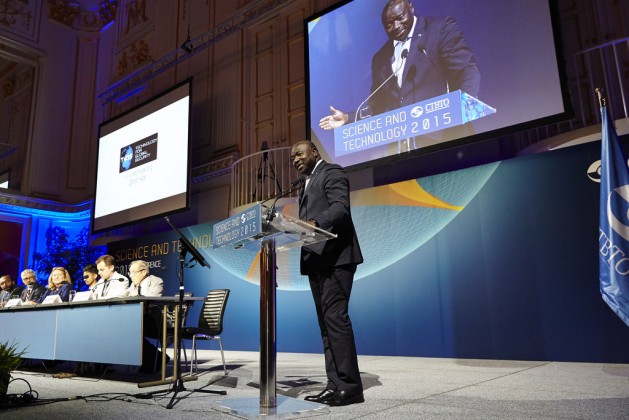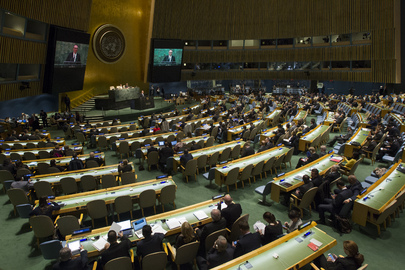By Jamshed Baruah | IDN-InDepth NewsAnalysis
BERLIN (IDN) – 2015 marks the 70th anniversary of the atomic bombings of Hiroshima and Nagasaki, and promises to be a crucial year for moving toward a world without nuclear weapons. While indications are that the global movement for banning the bomb is gaining strength, attempts to open a new chapter in nuclear arms race should not be underestimated, a close look at developments in 2014 shows.
A sign of growing awareness of the need to abolish atomic weapons is that 155 governments – more than 80 percent of the members of the United Nations – supported the Joint Statement on the Humanitarian Consequences of Nuclear Weapons tabled at the General Assembly in October 2014.





